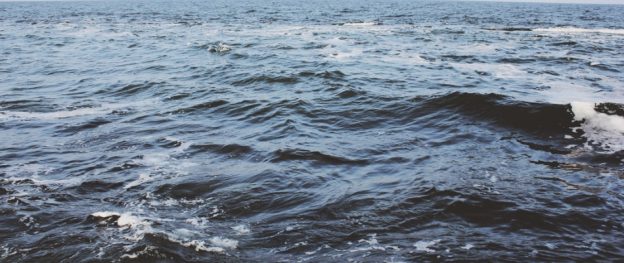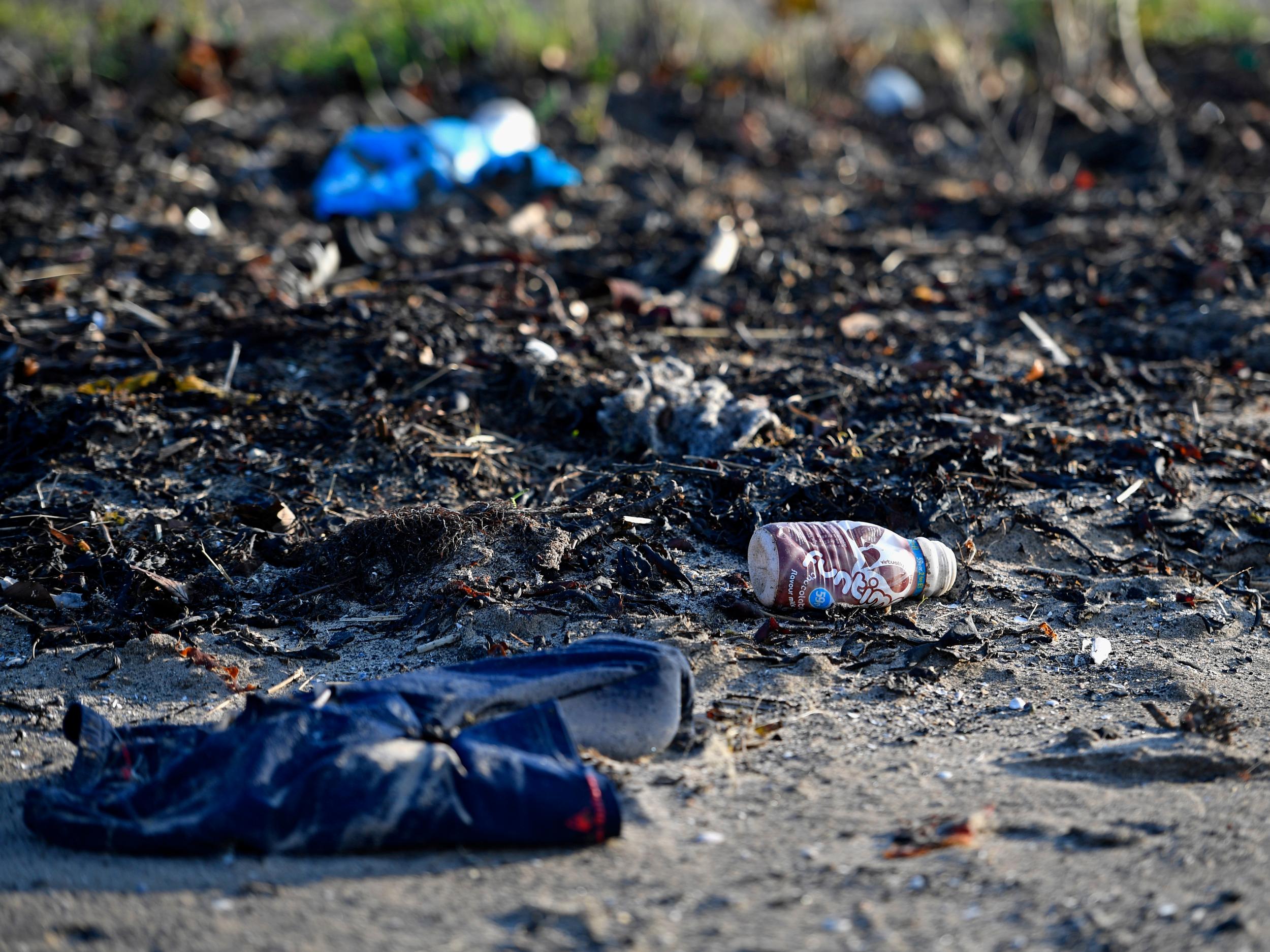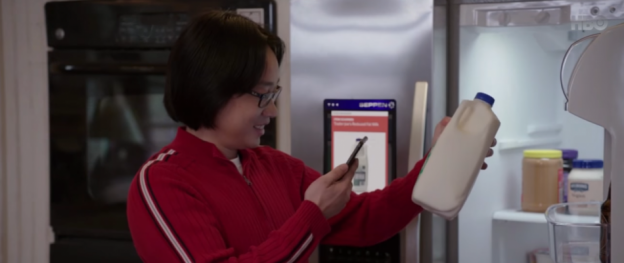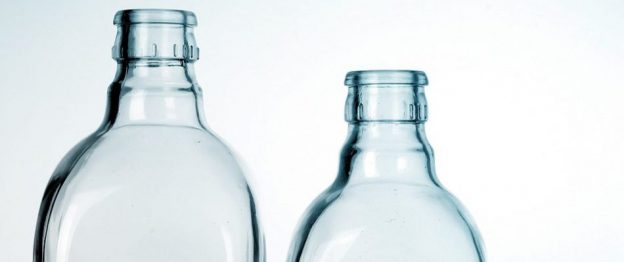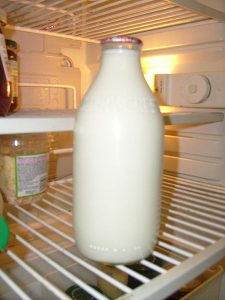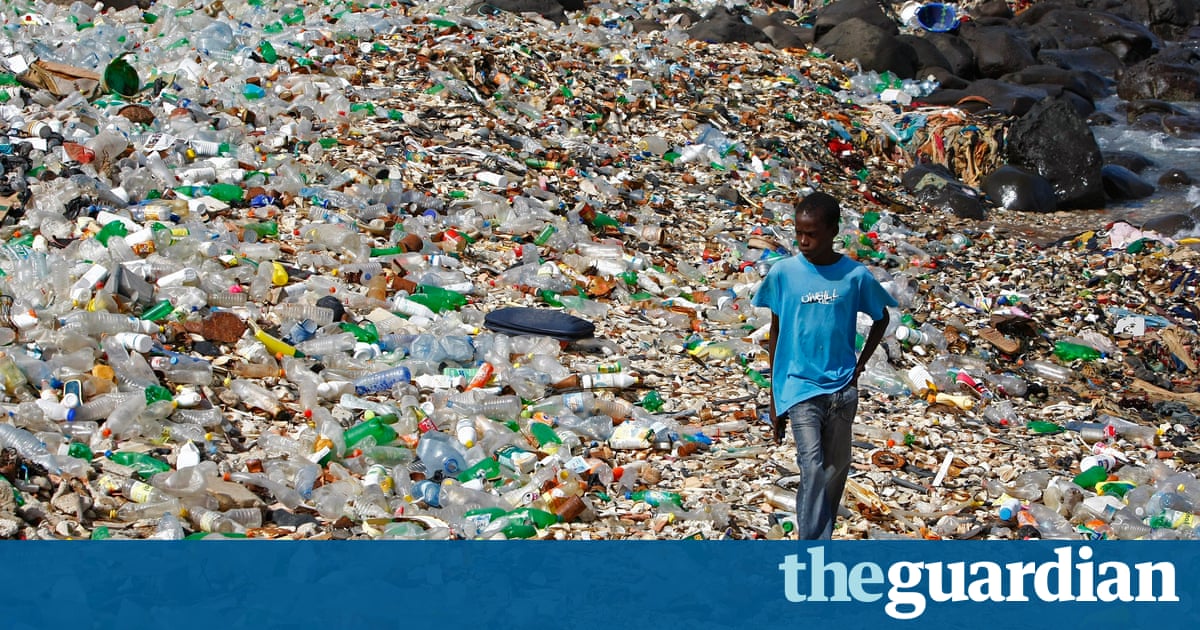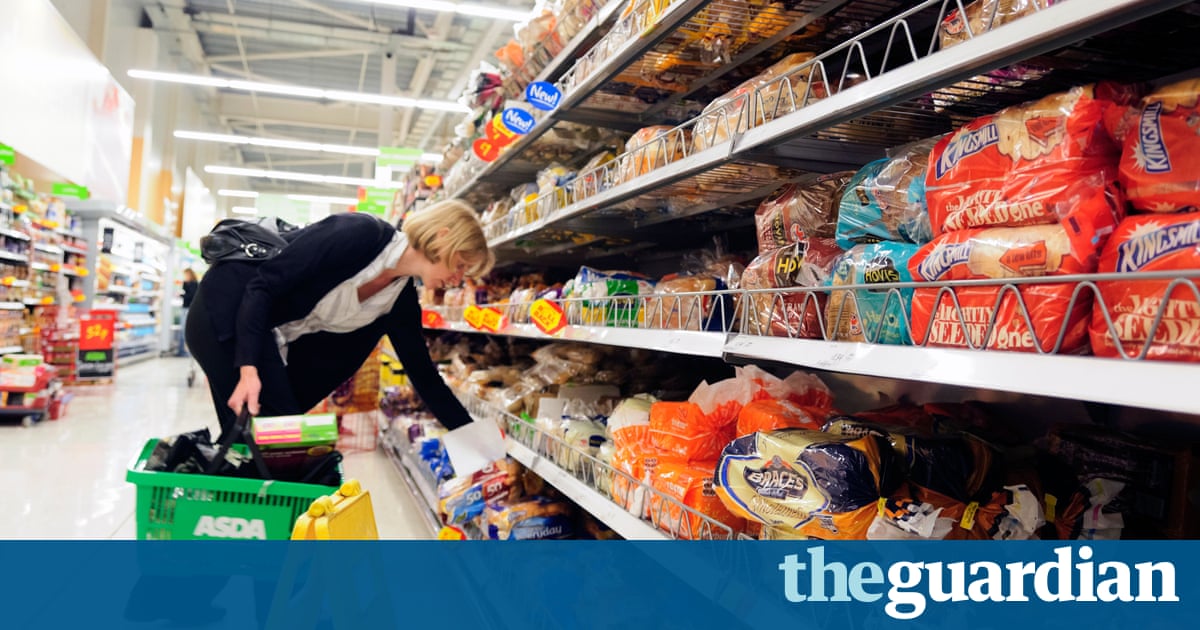With Greenpeace reporting that the equivalent of a truck load of plastic is dumped in the sea every minute, things are looking bad for our environment.
But we mustn’t despair.
You don’t have to live in an eco-home or install solar panels to make a difference. There are hundreds of small daily things that everyone can do, which really add up to curb the plastic epidemic. Here are just a few:
- Take your own bags to the shops, and don’t buy food which comes in multiple layers of packaging. Resist the urge to put individual fruits and vegetables in their own bags. Better still, write to the supermarkets and urge them to use less.
- Try out a grocery delivery service. No longer the preserve of the middle-classes, these services are competitive, nationwide, and hugely sustainable. The deliveries are fixed (great for the environment), the boxes are recycled, and the produce is seasonal and organic. What could be better?
- Stop buying bottled water. Just stop. Get a flask. Reuse an old bottle. Fill it up from the tap. If everyone did this, the world would be an instantly less plastic-filled place.
- Reject the offer of a straw. On a night out, at the cinema, wherever. Straws are the ultimate one-use item, and even more pernicious because no one thinks about them. G&T tastes better straight from the glass anyway.
- Adopt the re-usable coffee cup. The cups aren’t great for the environment, but the plastic lids are a disaster. Many companies now offer reusable coffee cups – even the high street coffee shops themselves – and many offer a discount on your coffee if you have one. Winner!
2018 has the potential to be a fantastic year, one in which we move towards sustainability and the elimination of single-use plastics.
Happy New Year from Vesta!



